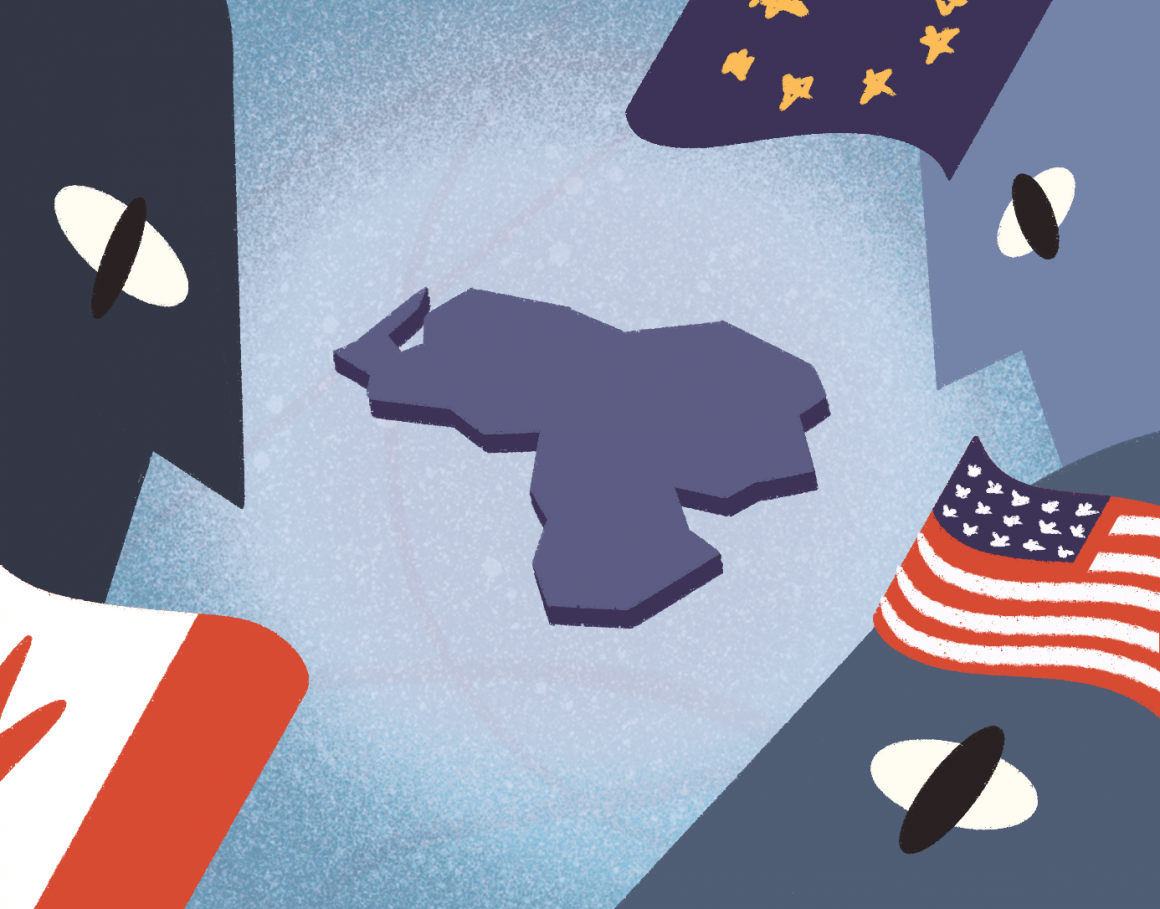
Is Guaido the best answer to the Venezuelan crisis?
By Salman Khalid, February
Juan
The current crisis in Venezuela can be traced to Jan. 10 this year, when members of the country’s Supreme Court defected during Maduro’s inauguration. Soon after, the National Assembly declared its leader, Juan Guaido, the legitimate president on the grounds that Maduro was not elected legitimately. This declaration was recognized by the United States and other Western countries. But although Guaido’s idealism may seem like a breath of fresh air to a country suffering from food shortages, a ruined economy and an authoritarian government, there may be sinister elements at play.
The U.S. government recently announced that it will send humanitarian aid to Venezuela to alleviate food shortages — shortages caused in part by sanctions imposed by U.S. President Donald Trump in 2017 that severely restricted trade with oil companies in an oil-dependent economy. In addition, Venezuelan government efforts to withdraw $1.2 billion of gold held in the Bank of England were denied, while at the same time Guaido was given access to Venezuelan bank accounts in the Federal Reserve Bank of New York. Maduro’s government is being criticized for socio-economic crises that foreign actors have imposed on them.
Furthermore, the West — not just Trump, but Canada’s Justin Trudeau and Brazil’s far-right Jair Bolsonaro, to name a few — is actively building an anti-Maduro narrative in order to justify a possible military coup, something President Trump considers “an option.”
As the last 60 years taught the world, the U.S. is not one to shy away from imposing regime changes in foreign states in pursuit of its own interests. Venezuela is home to some of the world’s largest oil reserves — and if there’s anything Iraq can teach us, it’s that the U.S. loves to bring freedom to the oil-rich corners of the globe. Similarly, if there’s anything Chile can teach us, it’s that the U.S. can’t stand anti-capitalist nations, especially ones in the Americas.
Venezuela is the perfect target for an oil-hungry, anti-anti-capitalist regime with the world’s largest military. This becomes even more concerning after considering that Venezuela still has support from Russia — which deployed two strategic bombers to Venezuela in December — as well as China and Turkey. We might see a repeat of Syria and the proxy conflict between Russian and American forces, although this war would be fought much closer to home.
The Canadian government’s support for Guaido seems irresponsible at best and downright dangerous at worst. Support for Guaido gives more legitimacy to whatever the Trump administration has in mind for Venezuela. Canada is also hosting the next Lima Group meeting, composed of 12 Latin American states determined to help end the crisis in Venezuela, clearly showing the world that we want a role to play in any possible regime change.
Is Maduro the best option for Venezuela? Definitely not. But we shouldn’t ally ourselves with countries that have expressed more interest in profiting off a regime change than genuinely wanting to help an oppressed country. When given the choice between a supporting dictator in power or propping up an exploitative puppet regime, Canada should remain neutral.
